
Everyone’s familiar with cryptocurrency by now. Bitcoin and Ethereum are starting to become part of our everyday vocabulary. And so is the word “blockchain.” Everyone’s heard of it, but exactly what is the blockchain anyway and how will it impact our lives?
The blockchain is a revolutionary technology that’s being described by many as “the new internet.” Its implications have repercussions on many (if not, all) industries and areas, thanks to several of its unique qualities.
Think of The Blockchain As a Spreadsheet
Rather like turning on a lightswitch or zapping through your television, you don’t necessarily need to know how the blockchain works to understand it. But, perhaps one of the easiest ways is by thinking of it as a spreadsheet. Let’s see:
It started with Microsoft Excel.
You created a new spreadsheet and then emailed it to your colleague, who then emailed it to the next collaborator. They would edit, update and send it back. Great.
Except that you could end up with countless versions of the same document and never know which one was the latest. Lots of emails, lots of confusion, plenty of room for improvement.
Enter Google Docs.
Google Docs allows many people to work on the same spreadsheet at the same time. This does away with the email chains and the countless updated versions. But what it doesn’t do is allow for widespread, simultaneous distribution.
That’s where the blockchain comes in.
Everyone can have access to the spreadsheet at once, whenever they want to; providing the ultimate in transparency and a few more things besides.
The Blockchain is Incorruptible
Co-Author of the Blockchain Revolution, Don Tapscott, describes the blockchain as “an incorruptible digital ledger of economic transactions that can be programmed to record not just financial transactions, but virtually everything of value.” While the blockchain is first and foremost associated with cryptocurrency, its real power lies in its technology. All of the blockchain’s records are immutable because they are shared over all participating parties’ computers.
Consider the implications of this for one moment. If the blockchain was used to record events and transactions in the supply chain, corruption would be impossible. If the blockchain were applied to elections, forging votes would be a think of the past.
The Blockchain is Decentralized
We hear the word “decentralized” associated with the blockchain a lot. But what exactly are the implications of that? The fact that no data is located in any single location, or owned by any single person is another reason that its records are tamper-proof. If any changes are made at any point in the ledger, they happen across the entire network in real time, just like crypto transactions.
According to Block Geeks, “Decentralization means the network operates on a user-to-user (or peer-to-peer) basis. The forms of mass collaboration this makes possible are just beginning to be investigated.” The blockchain, then, could have a huge impact on many areas, from the sharing economy to identity management.
How is The Blockchain Currently Being Used?
The blockchain is currently being used in many industries and will start to leave its stamp on more and more. Take legal documents, for example. If these could all be managed with blockchain, we would no longer need hard copy passports, birth certificates, or anything else; everything could be digitized.
When it comes to banking, the decentralized nature of the blockchain would mean that your money would never be in one account only. Your finances would be safe should one institution go bankrupt, because the records would be distributed over many participating parties.
Sooner or later, most businesses will rely on the blockchain to make their transactions more efficient and secure. There will no no further concerns about data breaches or loss of information, and every record will be public. Blockchain technology is set to be as disruptive to businesses around the world as the internet, allowing us to achieve speed, efficiency and transparency. Are you ready?



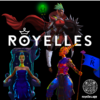


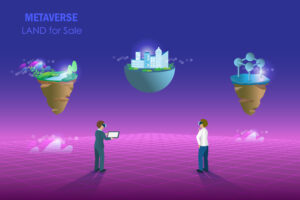

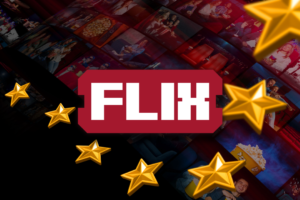

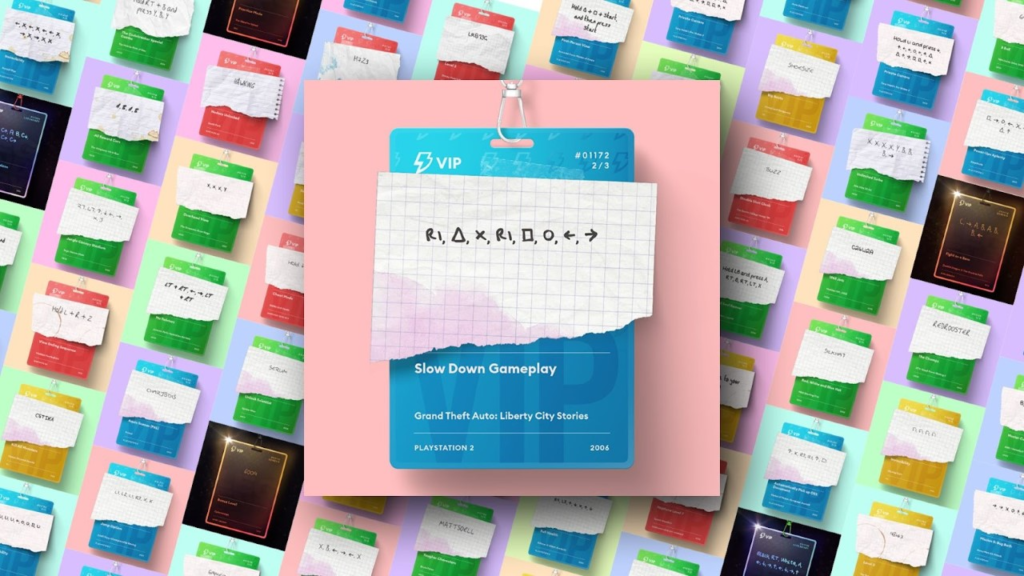
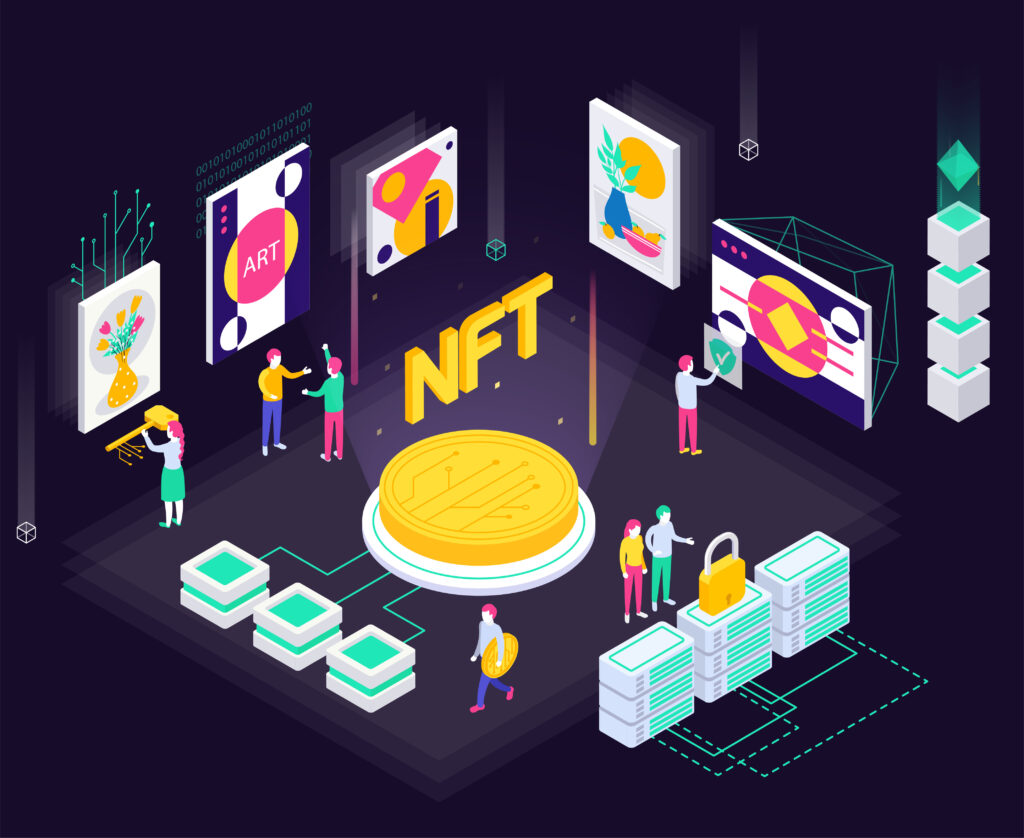




Good way of telling, and pleasant post to obtain information about my
presentation subject matter, which i am going to convey in institution of higher education.
Hiya! Quick question that’s totally off topic. Do you know how to make your site mobile friendly?
My blog looks weird when viewing from my iphone 4.
I’m trying to find a template or plugin that might be able to resolve this issue.
If you have any suggestions, please share. With thanks!
Hey! I could have sworn I’ve been to this blog before but after checking through some of the post I realized it’s new to me.
Anyways, I’m definitely happy I found it and I’ll be bookmarking and checking back frequently!
cost of tylenol https://tylenol1st.com/